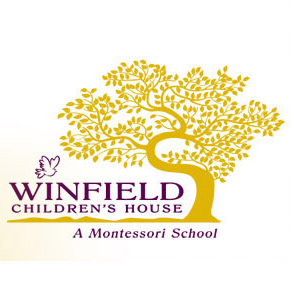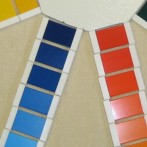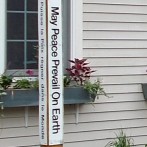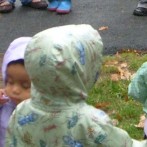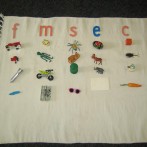Montessori Kindergarten Year: New Video
Are you wondering about the value of a Kindergarten year at Winfield Children’s House? Many families choose this option to provide continuity to a child’s experience in the Preschool classroom. There are many benefits that this continuity provides, both socially and academically. The American Montessori Society produced a new video describing the learning that takes place in the Montessori Kindergarten year. It is only three minutes...
Read More